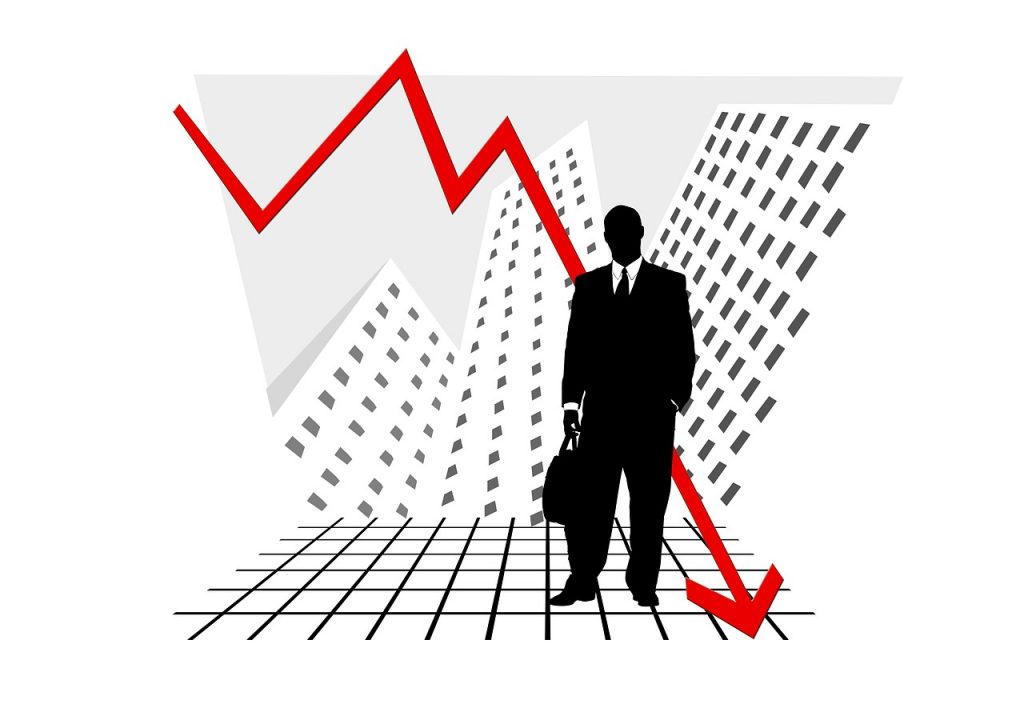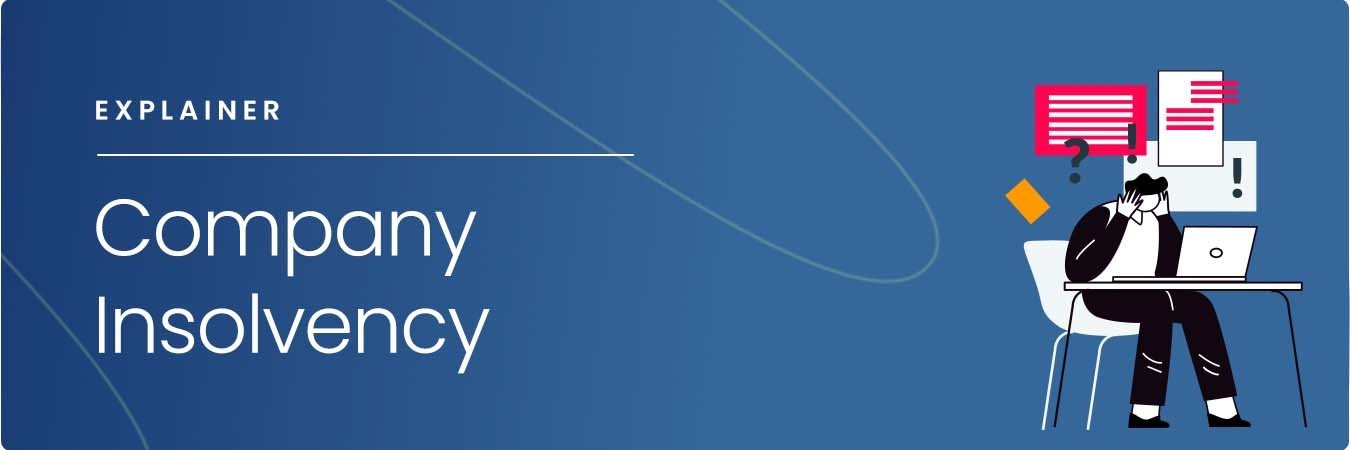Insolvency Practitioner - The Facts
Insolvency Practitioner - The Facts
Blog Article
The Definitive Guide to Insolvency Practitioner
Table of ContentsFacts About Insolvency Practitioner UncoveredAbout Insolvency PractitionerAll about Insolvency PractitionerThe Single Strategy To Use For Insolvency Practitioner6 Simple Techniques For Insolvency PractitionerInsolvency Practitioner - An OverviewLittle Known Facts About Insolvency Practitioner.
Insolvency is when obligations are above the value of the business, or when a borrower can not pay the financial obligations they owe. A firm can end up being bankrupt as a result of a number of circumstances that cause inadequate capital. When faced with bankruptcy, a service or person can get in touch with financial institutions directly and restructure debts to pay them off.Service proprietors may get in touch with lenders straight and restructure financial obligations into more convenient installations. Lenders are commonly responsive to this technique since they want to be settled and stay clear of losses, even if the repayment is on a postponed schedule.
Insolvency Practitioner - Questions
The owner develops a proposal describing exactly how the financial debt may be reorganized using price reductions or other plans for support. The proposition shows financial institutions how business may create enough capital for lucrative procedures while paying its debts. Generally, a forgiven financial debt may be taken into consideration income by the Irs (IRS).

Insolvency Practitioner Fundamentals Explained
When procedures cease, so does the firm's revenue (Insolvency Practitioner). Some companies end up being bankrupt because their products or solutions do not develop to fit customers' transforming needs.
Expenses go beyond incomes and bills continue to be overdue. Cash-flow bankruptcy takes place when a firm has the assets to cover their debts however they are in the incorrect type, such as genuine estate instead of liquid funds. Balance-sheet insolvency, on the various other hand, suggests an absence of assets in any kind of kind to cover financial debts.
The internal revenue service states that an individual is bankrupt when the overall obligations surpass overall properties. A bankruptcy, on the other hand, is a real court order that illustrates just how an insolvent person or service will pay off their creditors, or exactly how they will market their possessions in order to make the repayments.
8 Easy Facts About Insolvency Practitioner Shown

Recognizing the aspects that can cause insolvency, such as overspending, can help you protect against bankruptcy and its repercussions.
Getting My Insolvency Practitioner To Work
It is well known that directors and officers of firms (and managers of limited obligation firms) owe fiduciary tasks to their companies and their investors (or go to this website members). These fiduciary commitments are defined by state statutes and, though there are variations from one state to another, they commonly include a task of commitment and a duty of care.
The obligation of care needs supervisors and police officers to exercise persistance, to make enlightened decisions, and to act in good belief so that their actions are in the finest rate of interest of the firm. Though beyond the scope of this discussion, some states allow these tasks to be restricted either by so keeping in mind in the business documents or adhering to other requirements.
What Does Insolvency Practitioner Mean?
Most states specify bankruptcy in 2 means( 1) when a firm's liabilities become greater than the amount of its assets or (2) when the firm comes to be not able to pay its financial obligations as they become dueand welcome both interpretations (Insolvency Practitioner). The change in obligations happens because when a firm is bankrupt, there is no worth in the company past that owed to the business's financial institutions to ensure that the equity holders no much longer have an economic risk in the company
Take care about giving shareholders favoritism at the cost of lenders (e.g., licensing and moneying a returns or a supply redemption). Take care concerning favoritism in between courses of investors. Make practical initiatives to find out all the truths before taking a details training course of activity; supervisors should really believe that any why not find out more kind of choices made remain in the very best rate of interests visit of the company in its totality (i.e., decisions will be reviewed in knowledge taking into account the result of such activities on the company).
In any type of insolvency or insolvency case, settlements made to specific lenders at the expense of various other financial institutions can be clawed back, specifically if there is some connection between the company and the financial institution. Take into consideration proposing at an annual stockholder meeting (or any various other conference of shareholders) a resolution verifying that all prior business decisions and actions taken by the supervisors and policemans of the corporation were absorbed great faith after an exercise of practical treatment.
The 10-Minute Rule for Insolvency Practitioner
Completely disclose any type of individual or service relationships with celebrations beyond of transactions including the firm to stay clear of the look of a problem of passion. In reviewing prospective fund increasing transactions or a sale of assets of the distressed corporation, understand that these purchases might be scrutinized later on because of any succeeding expansion of directors' fiduciary duties to include financial institutions.
Report this page